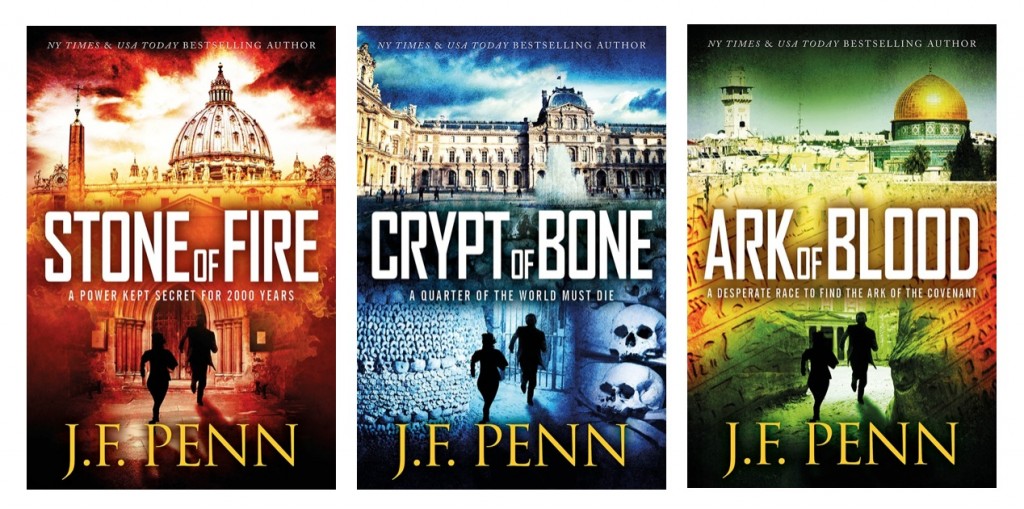This profile by Christian Lorentzen originally appeared in New York Magazine in the 6/29/15.
Nobody owns David Foster Wallace anymore. In the seven years since his suicide, he’s slipped out of the hands of those who knew him, and those who read him in his lifetime, and into the cultural maelstrom, which has flattened him. He has become a character, an icon, and in some circles a saint. A writer who courted contradiction and paradox, who could come on as a curmudgeon and a scold, who emerged from an avant-garde tradition and never retreated into conventional realism, he has been reduced to a wisdom-dispensing sage on the one hand and shorthand for the Writer As Tortured Soul on the other.
For someone who has long loved Wallace’s writing, as I have, one of the ironies of this shift is that, whether he intended to or not, Wallace started the process himself. First, he embarked on a series of publicity campaigns in which he performed his self-conscious disdain and fear of publicity campaigns, a martyr to the market culture and entertainment industry he was satirizing in his books. Then there was a treacly commencement speech at Kenyon College in 2005 that became a viral sensation and later, a few months after his death, a cute, one-sentence-per-page inspirational pamphlet, This Is Water: Some Thoughts, Delivered on a Significant Occasion, About Living a Compassionate Life. And now comes a bromantic biopic, The End of the Tour, starring Jason Segel as Wallace and Jesse Eisenberg as David Lipsky, the novelist Rolling Stone sent to write a (later abandoned) profile of Wallace in 1996. The movie’s theme is the bullshit-ness of literary fame — which Wallace, the permanently unsatisfied overachiever, nonetheless craved (not to mention it might get him laid, which he also thought would be a phony achievement). The movie is based on Although of Course You End Up Becoming Yourself, the book of transcripts Lipsky published in 2010. And since much of its dialogue is transferred directly from the tapes, it does have a claim on the authentic Wallace.
None of this is entirely new; Wallace has always been an unstable commodity. For two decades, the writer and his writings have been at the center of a cult with several branches. The first branch is other fiction writers, who also tend to be the most serious readers. This makes a certain obvious sense. Infinite Jest is, on its face, the most daunting of novels; 1,079 pages, 96 of them endnotes; text in small type pointing you constantly to text in smaller type, necessitating multiple bookmarks; an immersion in two subcultures, junior tennis and addiction recovery; a time commitment to be measured in weeks, not days — two months for serious readers, Wallace thought. Writers took to it like Marines sprung from a sort of literary boot camp, hunting for something beyond the minimalist vogue of the 1980s.
Read the full profile on New York Magazine.

